Sci-Fi, Fantasy, and the Divine
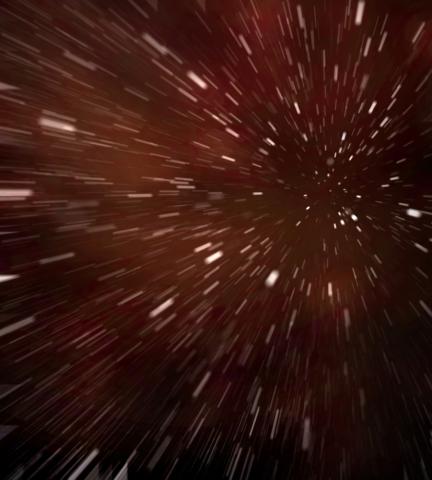
This week we’re celebrating the sci-fi and fantasy stories we love and share, informed by the story that remains the most baffling, frustrating, complex, and beautifully true of all — the story of resurrection of life over death, hope over despair, and dignity over denial. Read our series introduction here, and pieces on Star Wars, Dr. Who, Harry Potter, and more below!

The future for Roddenberry is not homogenous. Differences are embraced, not erased. Crews made up of different species, sexual orientations, genders, ages, and abilities each contribute in their own way to success of the ship’s mission.
The future envisioned by Star Trek is one of bringing more and more people into community, embracing difference, and proclaiming the entire society’s benefit to increased diversity. Star Trek, if we’re going to be blunt, is better known for what Christianity should be known for in our 21st century context
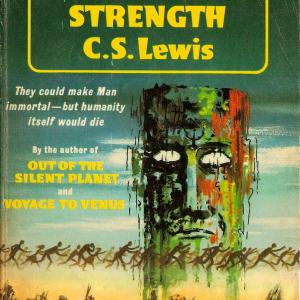
Lewis calls us to caution, to humility in the face of our quest for power. Just because we can does not mean we should. Even if you’re an optimistic transhumanist professor in England. That Hideous Strength is a devastating picture of that danger, more than fifty years ahead of its time.

As a lifelong reader of fantasy and science fiction, my favorite stories were those set not only in a different time but a different world altogether. It’s exciting to enter into a wholly new landscape, and, as avid readers of both genres will say, there’s both power and joy in watching people and creatures do battle with the same forces we recognize in our daily lives (including, possibly, the power to overcome real-world social divisions — despite decades of the science v. religion binary, there’s ample evidence that both sides love hobbits).
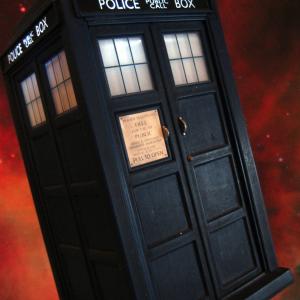
No matter how charismatic, merciful (usually), or full of truly ancient wisdom the Doctor may be, he ultimately knows himself as less than God. It’s not likely that the Doctor believes in God, and he has particularly bad associations with Christmas, and he recognizes that he isn’t the Lord — he’s just a Time Lord. He forces Amy to face the fact that he cannot save her — that he is just a madman with a box, nothing more.
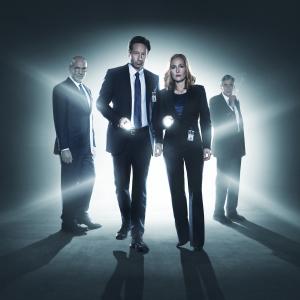
Series writers (which included Vince Gilligan of later Breaking Bad acclaim) were never exactly subtle with their nods to faith. While Mulder was an atheist, his constant journey to a truth larger than himself, and indeed, this world, mirror many a sojourner, albeit perhaps without the little green androgynous beings. And Scully’s faith as a child in the unquestionable Catholic Church, and then as a doctor in science above all, and then as a lover and a mother in a more tangible God, allowed for a deeper-than-average glimpse at the push-pull relationship between blind belief and pure, clinical reason.

But perhaps the reason why the darkness cannot understand or overcome the Light is because it will not and cannot imagine reducing itself or condescend to be like its enemy in order to overcome it. Scripture describes an adversary who wanted to be like God, but doesn’t seem to understand that God’s very nature is “gentle and humble and heart.” The nature of darkness is not a generous one. It doesn’t offer light or heat or allow other things to grow. It isolates.
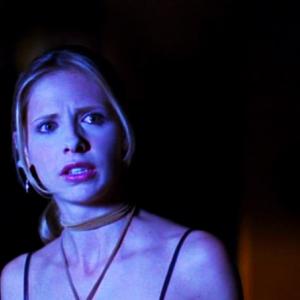
For 700 years, Dante's epic poem — mainly the "Inferno" — has been the source of inspiration for preachers, pastors, and not a few theologians, who promoted hell as a physical place with its own address, zip code, and smoking embers. Add to their oratorical brimstone the fiery images from artists — Gustave Doré, Hieronymous Bosch, or Buffy producer Joss Whedon — and you've got a potent pedagogy.
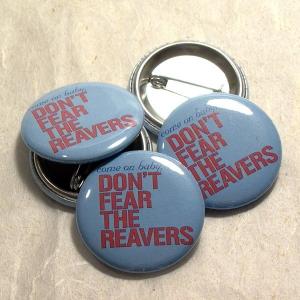
Joss Whedon may not profess spiritual belief, but throughout his career, from Buffy the Vampire Slayer to Avengers and Agents of S.H.I.E.L.D., his work has fascinated believers. This may be, in part, because Whedon is a humanist, and his belief in respecting the dignity of all people is a common theme in his work. Whedon’s shows consistently emphasize compassion for people of all backgrounds and worldviews, even (especially) when his characters’ beliefs don’t match up.

Han shooting first isn’t just a better story — it’s also a truer one. The Bible is full of stories of people being given honors and responsibilities they don’t think they deserve (and to our eyes, definitely don’t). It’s in God’s character to want more for people than they want for themselves. This shows up again and again in the ways God interacts with our world. And we are made in God’s image — when we see this kind of story told well, we respond to it. The original version of Star Wars tells this kind of story about Han Solo.

I recently picked up a fascinating book called Octavia's Brood co-edited by Walidah Imarisha and adrienne maree brown.
In a discussion about the book, Walidah Imarisha said, "All organizing is science fiction. What does a world without poverty look like? What does a world without prisons look like? What does a world with everyone having enough food and clothing look like? We don't know. It's science fiction, and it is as foreign to us as the Klingon homeworld."
I had never heard of organizing being discussed in such a way, and it led me to reflect on the importance of envisioning and dreaming of the kind of society we fight to create. I also found myself reflecting on this statement in a different light: All organizing is also theological and spiritual. A simple explanation of this is that organizing and activism is faith in action.